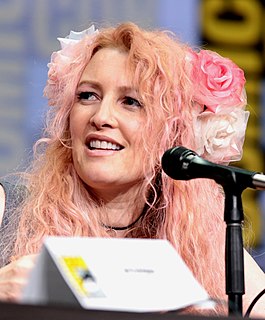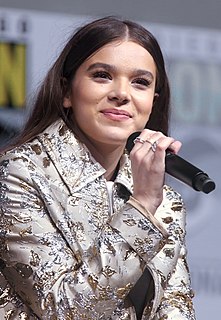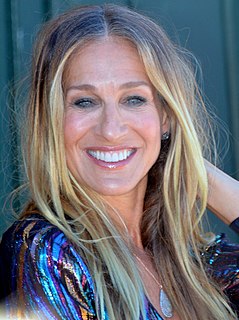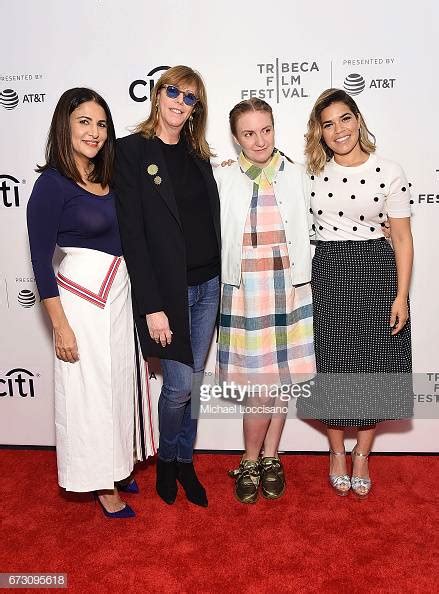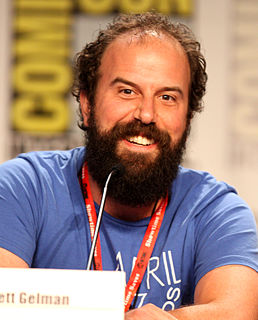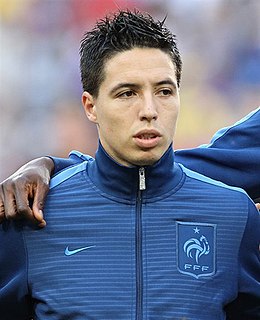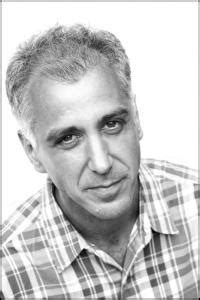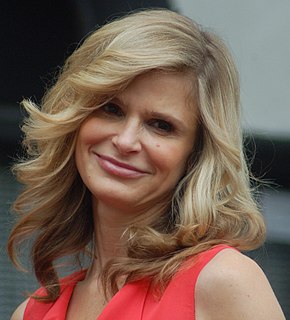A Quote by Sam Esmail
When you don't have a main character that's flawed, I don't know how you relate to that person.
Related Quotes
I guess it's one thing to play a character and relate to a character, and it's a lot closer to me than people might think. They are obviously watching a person with another name. But when they are listening to my music, it's way more me and my story and my words . . . that is the main difference in that.
I don't know quite how a story develops in my head. It is a bit chaotic. If I am working on a series, one of the main characters at least is already in existence as well as some setting and minor characters. Finding the other main character can be a challenge. Sometimes this character already exists in a minor role in another book.
I am not an evangelist. I am not a preacher. I am a musician. That is what I know how to do. I know how to write songs. I know how to write things that relate to my heart. I feel that I talk about God in every song, in everything I do - all of it! I really do not know how to respond. I do not relate to that.
It's a trap I've fallen into earlier in my career - trying to be liked. Don't do it. When I watch TV and I see someone trying to make me like them, acting cute or quirky or goofy, I'm not impressed. Don't act like America's watching you. Just latch onto your character. Characters are flawed. Be unlikeable. Be flawed. Be a person.

